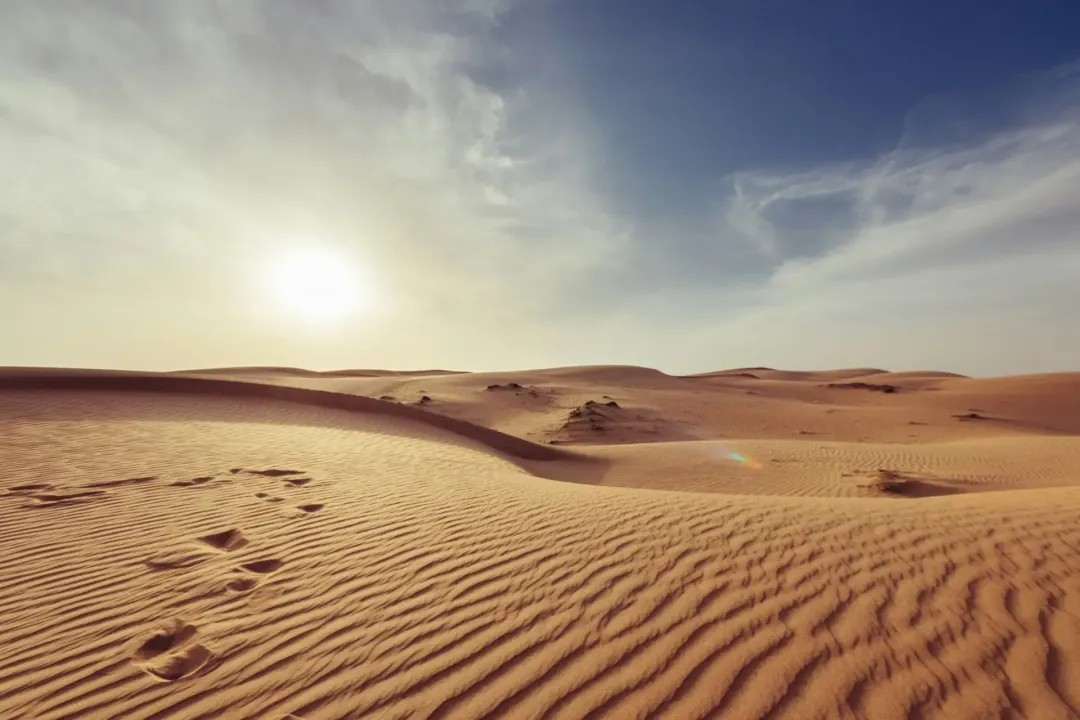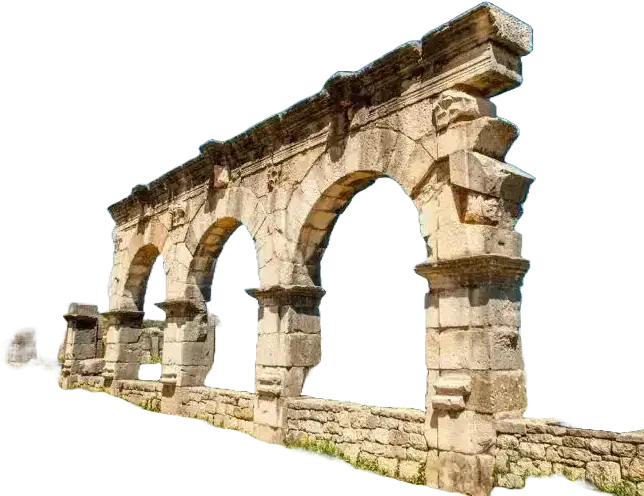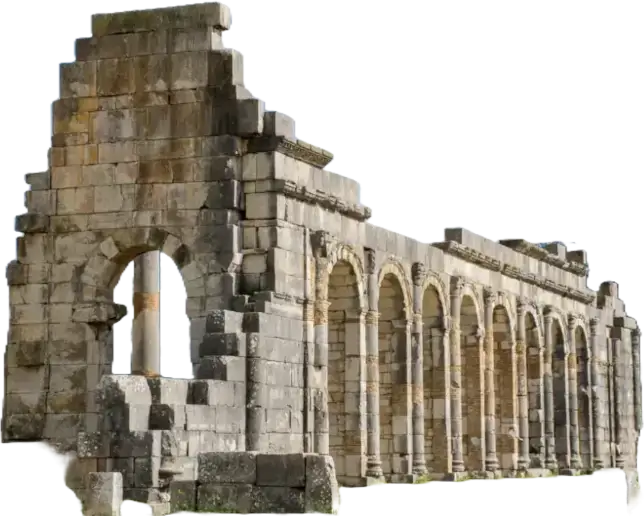The Troubled State of Libya
The dramatic abduction of Libyan Prime Minister Zeidan by gunmen last week shows that chaos still reigns in the country. Geoff Porter, head of North Africa Risk consulting, explains how Libya is driving regional instability. He suggests that Europe may have to do more to help the country, as the Obama administration puts Libya on the back burner.


